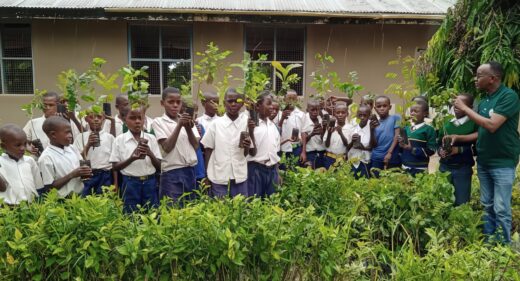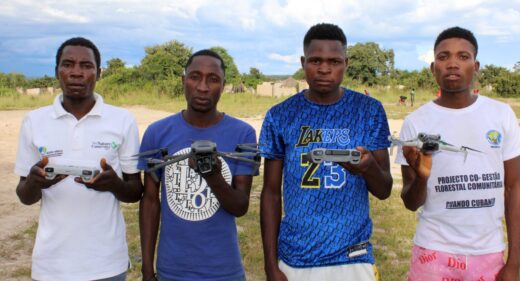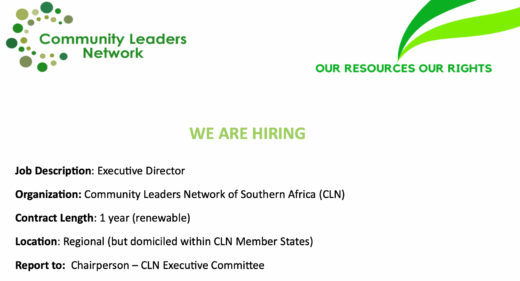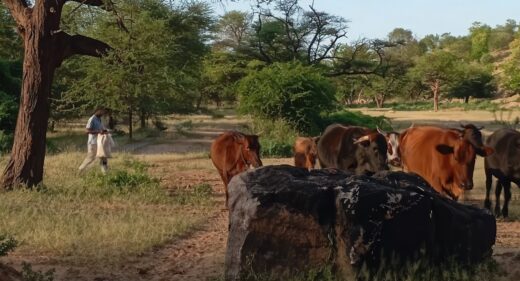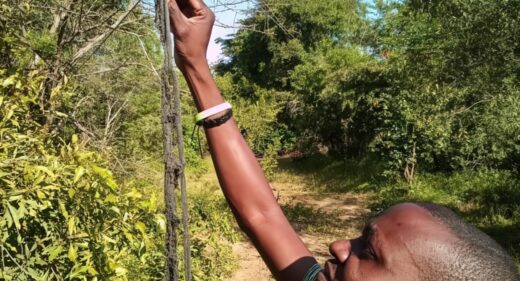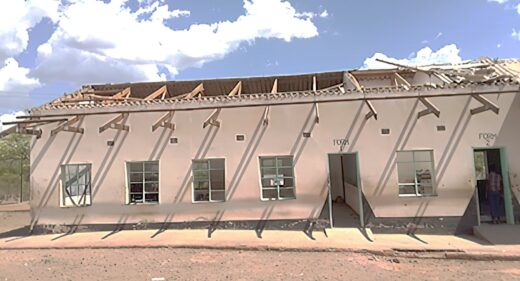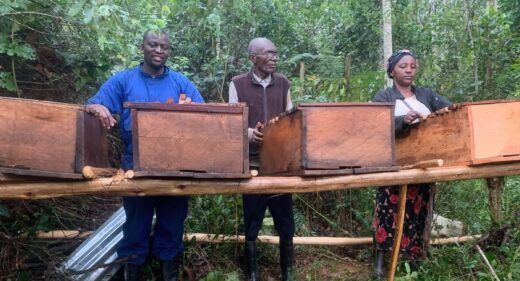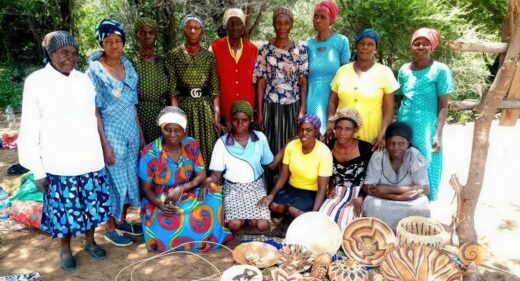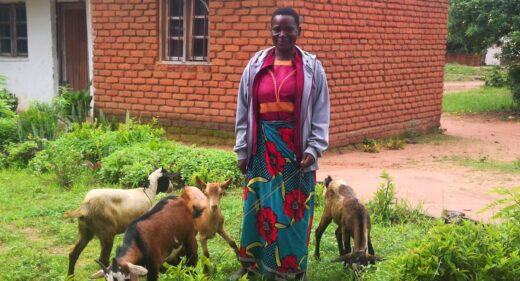In the face of climate change, global warming, and the escalating loss of natural habitats, one truth stands out: local communities are not only victims of environmental degradation but also powerful agents of change. A shining example of this truth can be found in the heart of Zanzibar, where the 9 villages of Kitogani have become a beacon of hope through their committed efforts to conserve the Pange Juu Community Forest.
Introduction
Technological advances can contribute significantly to the conservation and management of nature, but these must be matched with the local knowledge of communities to be truly effective. It is in this context that the Association for the Conservation and Management of the Environment and Wildlife (ACGAVS) is starting to use unmanned aerial vehicles (commonly known as drones) to monitor community forests and national parks alongside local communities.
Human-lion conflict is a pressing issue in Hwange District, Zimbabwe, where livestock depredation by lions and other predators is a significant threat to farmers’ livelihoods. According to the Hwange Rural District Council (RDC) Environment Department’s Problem Animal Control report book for 2024, lions were responsible for 120 livestock losses, hyenas for 125, crocodiles for 86, and leopards for 35. Although lions prey on almost all livestock, they kill more cattle than any other predator, which means that lions cause the most damages in terms of economic value.
In Zimbabwe’s Hwange District, an innovative solution is helping to mitigate human-elephant conflict (HEC) and change the lives of local communities. Chili fences are a non-lethal method of protecting crops and reducing conflicts between humans and elephants. The chili fence strategy was made possible by the generous support of Connected Conservation, who donated chili fence materials. By working hand-in-hand with local communities, the initiative has significantly reduced human-elephant conflict.
In 2024, the people of Matabeleland North (Ward 8) in Zimbabwe’s Hwange District witnessed the tangible benefits of community-led conservation efforts. Revenue generated from wildlife management through the CAMPFIRE programme was used to restore the roof of a classroom block at Lumbora Secondary School. This initiative not only improved the learning environment but also demonstrated the positive impact of sustainable wildlife management on local communities.
In the heart of North Kivu, near the iconic Virunga National Park, Groupe Académia of the Democratic Republic of Congo (DRC) is bringing hope through beekeeping. Communities living here grow crops that require large areas of arable land. Their proximity to the national park means that human-elephant conflict is common, while the park is off limits for crop farming. Bees help to deter elephants and provide honey as a ‘crop’ needing no extra land – a win-win solution!
Basket weaving is an integral part of the culture of local communities in living on the banks of the Okavango River, particularly among the Hambukushu and Wayeyi tribes. This rich tradition has been passed down through generations, preserving not only cultural heritage but also the intricate skills involved. In recent years, due to economic and livelihood challenges, basket weaving has evolved into a sought-after art form, captivating tourists who flock to the Okavango Delta. Each visitor desires to take home a piece of this craftsmanship, making basket weaving a significant economic lifeline for these communities.
Communities in Botswana are looking to grow their hunting market and therefore jumped at the chance to send two representatives to the Dortmund Jagd & Hund hunting exhibition in Germany. As guests of the International Council for Game and Wildlife Conservation (CIC), they joined the Botswana and Zimbabwean Ambassadors to Germany to discuss the role of hunting in African conservation.
Crop farmers living around Kasungu National Park now pay five times as much for a bag of synthetic fertiliser than they did five years ago. COVID-19 and the Russia-Ukraine war packed a combined punch that have left Malawians reeling. Their small fields that used to yield enough to feed the family and pay the bills are no longer productive, as soil fertility declines and rainy seasons shorten due to climate change.
The long-term use of synthetic fertiliser also carries an environmental cost, as it pollutes sources of drinking water and damages soil health. As their environment becomes increasingly hostile to life, desperate people start finding other means of survival. Those near the park will be tempted to hunt or cut down trees illegally, or extend their crop fields into the park by clearing away natural vegetation.

